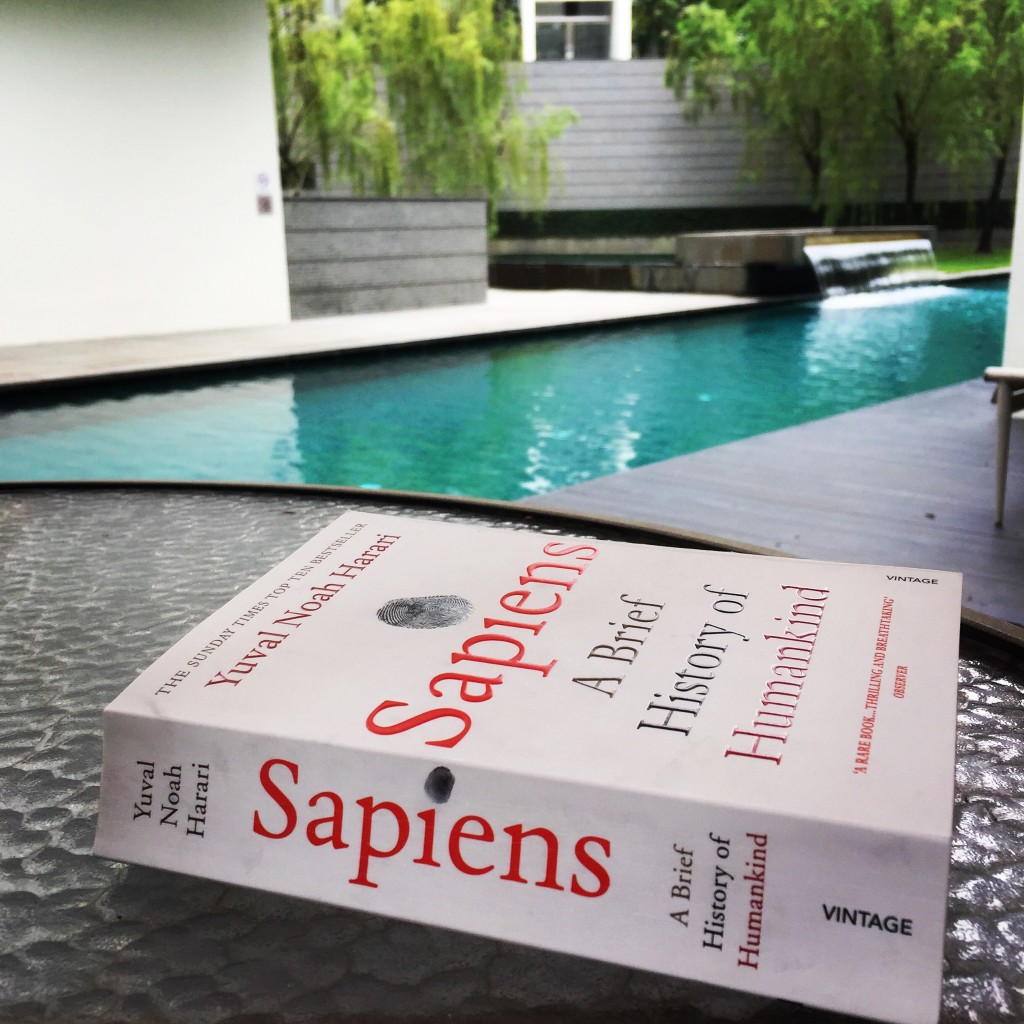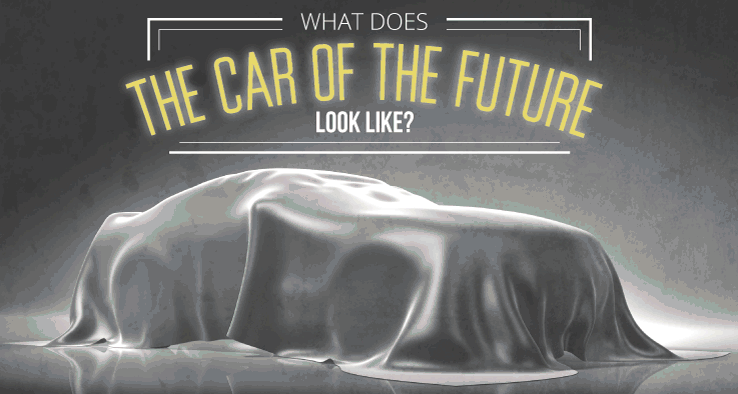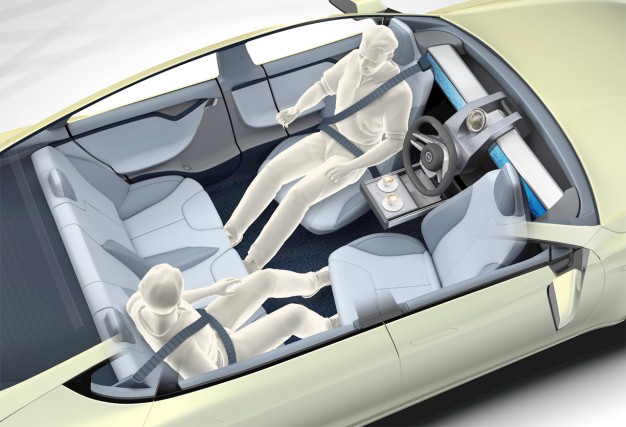
A couple of months back, I published my next five books to read and one of them was Sapiens. Since this week marked Chinese New Year (Gong Xi Fa Cai!), it was a great opportunity to read Sapiens over the four-day break. I will share some of the author’s own sentences with my own comments and I hope that you find it interesting enough to read the whole book.
The author, Yuval Harari, divided the book into four different parts according to humankind’s developments: the cognitive revolution, the agricultural revolution, the unification of humankind, and the scientific revolution.
“The cognitive revolution kick-started history about 70,000 years ago. The agricultural revolution sped it up about 12,000 years ago. The scientific revolution, which got under way only 500 years.”
The author argues that prehistoric humans were insignificant animals with no more impact than gorillas, fireflies and jellyfish, and our closest living relatives include chimpanzees, gorillas and orang-utans. Legends, myths, gods and religions appeared for the first time with the cognitive revolution.
The transition to agriculture began around 9500–8500 BC in the hill country of south-eastern Turkey, western Iran and the Levant. Yuval believes that the agricultural revolution was history’s biggest fraud since the average farmer worked harder than the average forager, and received a worse diet in return.
He names this fraud as the luxury trap by stating that, “The pursuit of an easier life resulted in much hardship, and not for the last time. It happens to us today. How many young college graduates have taken demanding jobs in high-powered firms, vowing that they will work hard to earn money that will enable them to retire and pursue their real interests when they are 35? But by the time they reach that age, they have large mortgages, children to school, houses in the suburbs that necessitate at least two cars per family and a sense that life is not worth living without really good wine and expensive holidays abroad. What are they supposed to do, go back to digging up roots? No, they double their efforts and keep slaving away.”
He rightly argues throughout the book that worries about the future became major players in the theatre of the human mind.
“So why study history? Unlike physics or economics, history is not a means of making accurate predictions. We study history not to know the future but to widen our horizons, to understand that our present situation is neither natural nor inevitable, and that we consequently have many more possibilities before us than we imagine.”
So true… Everything is happening because of a series of past events and it is important to evaluate the reasons and continue our lives accordingly.
The scientific revolution started with human beings accepting the Latin injunction ignoramus, in other words “We don’t know”. This is still a huge problem in many countries as people think they know everything. Instead, when you accept that you don’t know enough, it opens the door to investigate, observe and learn.
He explains the necessities of holding societies together in quite a comprehensive way and explains why scientific revolution took place in Europe rather than anywhere else.
“In 1500, annual per capita production averaged $550, while today every man, woman and child produces, on the average, $8,800 a year.”
The scientific revolution has definitely increased our productivity, but has it really improved the overall satisfaction of our lives as well? The book also discusses this point in quite a nice way as well.
“Each year the US population spends more money on diets than the amount needed to feed all the hungry people in the rest of the world. Obesity is a double victory for consumerism. Instead of eating little, which will lead to economic contraction, people eat too much and then buy diet products – contributing to economic growth twice over.”
This is another sad fact of our age. Because our distribution of goods and services channels are not well developed (or maybe we don’t want to develop?) whilst many people suffer from famine, some other people battle against obesity.
He argues that there will not be a large-scale war in the future, which I don’t really agree with. He puts forward the argument that the economical benefits of peace are so great that countries will avoid a large-scale war. Even though the economic benefits of peace along with social benefits are huge, these benefits are being shared by only fraction of the world’s population. Due to this fact, I personally expect a large-scale war to arise from low income people if these issues are not addressed immediately.
He finishes his book with a question: “Is there anything more dangerous than dissatisfied and irresponsible gods who don’t know what they want?”
Overall, the book enlightens us about the series of past events that took place in the history of the humankind and it helps us to think why certain institutions, beliefs and behaviour exist in our lives.
I rate this book 5/5 and recommend you to read it as well. Yuval Harari also has a website where you can watch his videos and even subscribe to his public courses.
All the best from Singapore.
Sukru Haskan
Twitter: @sukru_haskan









